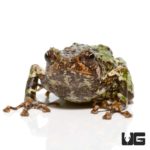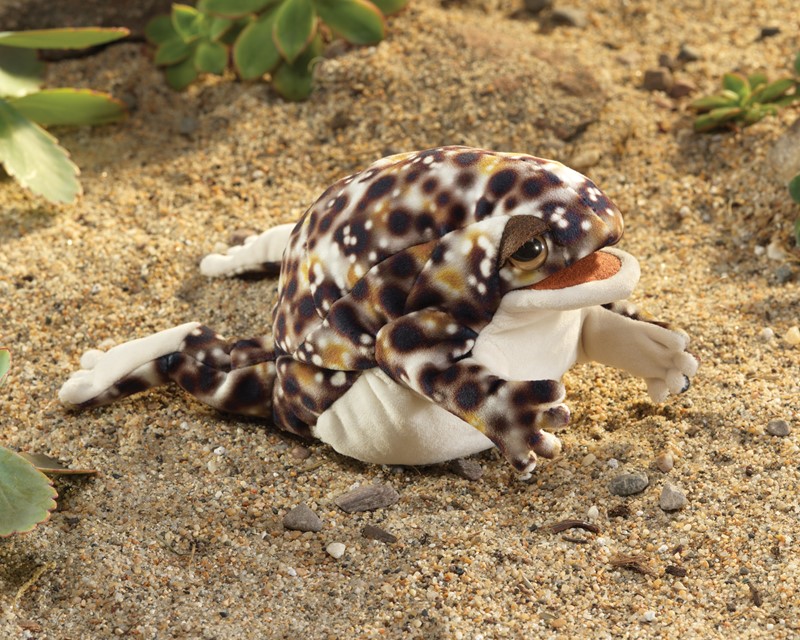Rain Frog for Sale: Boost Your Collection with Uncommon and Unique Amphibians!
Rain Frog for Sale: Boost Your Collection with Uncommon and Unique Amphibians!
Blog Article
Common Health Issues in Reptiles: Signs and Solutions
In the detailed world of reptile treatment, recognizing the common health and wellness problems that might influence these one-of-a-kind creatures is vital in ensuring their well-being. Whether it's grappling with parasitic problems, browsing dehydration concerns, or dealing with skin conditions that materialize in subtle ways, being attuned to the symptoms and equipped with the expertise of effective options is essential for any type of reptile owner.
Respiratory System Infections
Breathing infections in reptiles can substantially affect their general wellness and need prompt focus from experienced veterinarians. These infections are frequently triggered by fungi, germs, or viruses and can materialize through signs such as hissing, nasal discharge, open-mouth breathing, and sleepiness. In reptiles, respiratory system infections can be especially testing to diagnose and treat because of their one-of-a-kind composition and physiology. Veterinarians frequently rely upon a mix of checkups, diagnostic imaging, and research laboratory tests to properly identify the underlying cause of the infection.
Treatment for respiratory infections in reptiles generally entails a combination of supportive care, such as maintaining correct humidity degrees and temperature level slopes in the room, as well as targeted medicine to resolve the certain virus in charge of the infection. It is important for reptile owners to monitor their pets carefully for any indications of respiratory system distress and look for vet care at the earliest indication of a problem. With timely treatment and suitable treatment, lots of reptiles can recover fully from respiratory infections and return to normal activities.

Metabolic Bone Condition
What variables add to the growth of Metabolic Bone Condition in reptiles?
Metabolic Bone Disease (MBD) in reptiles is mainly brought on by a lack of correct calcium, phosphorus, and vitamin D3 levels in their diet. When reptiles do not get ample calcium, either through their food or correct UVB exposure for vitamin D3 synthesis, they go to a high danger of developing MBD. Reptiles with diet regimens reduced in calcium or imbalanced calcium to phosphorus ratios are especially at risk. In addition, inadequate direct exposure to UVB light prevents reptiles from synthesizing vitamin D3, which is essential for calcium absorption and bone health.
Various other contributing aspects to MBD consist of inappropriate temperature gradients within the reptile's habitat, causing lowered metabolic process and damaged calcium absorption. Inadequate humidity levels can also affect a reptile's capability to metabolize calcium successfully. Particular reptile species have specific nutritional demands that, if not met, can enhance the probability of establishing MBD. Regular vet exams, correct husbandry techniques, and a balanced diet are necessary to avoid Metabolic Bone Condition in reptiles.
Parasitic Invasions
Parasitical problems present a considerable health and wellness risk to reptiles, impacting their total health and calling for timely veterinary focus. Reptiles can be impacted by different parasites, consisting of mites, ticks, inner worms, and protozoa. These bloodsuckers can create a range of signs, such as fat burning, sleepiness, skin inflammation, diarrhea, and also death if left without treatment.
One typical bloodsucker found in reptiles is the mite, which can trigger skin anemia, stress, and inflammation. Ticks are one more external bloodsucker that can send diseases and cause discomfort to the reptile. Internal parasites like worms and protozoa can bring about digestive problems, lack of nutrition, and weaken the reptile's immune system.
To diagnose a parasitic infestation, a veterinarian may perform fecal tests, skin scrapings, or blood tests. Treatment frequently includes deworming medicines, antiparasitic baths, or in serious situations, hospitalization. Preventative procedures such as routine veterinary check-ups, proper hygiene, and quarantine treatments for brand-new reptiles can aid decrease the threat of parasitical invasions and make sure the wellness of reptile animals.
Dehydration and Hydration Issues
Dehydration in reptiles can substantially impact their health go to these guys and wellness and wellness, necessitating timely treatment and ideal hydration administration. If left untreated, dehydration can lead to serious health issues and even be fatal to the reptile.
To stop dehydration, reptile owners must make sure that their pet dogs have accessibility to tidy water in any way times. The water dish need to be large sufficient for the reptile to soak in if needed, particularly for types that absorb water with their skin. Additionally, preserving correct humidity levels in the reptile's room and giving regular baths can assist stop dehydration.
In situations of dehydration, it is essential to seek vet care without delay. A vet might carry out fluids either by mouth or through injections to rehydrate the reptile. It is vital to address the linked here underlying reason for dehydration to stop reoccurrence and ensure the reptile's total well-being.
Skin Conditions

Conclusion

Respiratory system infections in reptiles can considerably influence their total health and wellness and call for punctual attention from skilled veterinarians (rain frog for sale). Preventative procedures such as routine vet check-ups, correct hygiene, and quarantine treatments for new reptiles can assist reduce the threat of parasitical problems and make certain the wellness of reptile pet dogs
If left untreated, dehydration can lead to significant wellness problems and even be fatal to the reptile.
Consistently inspecting your reptile for any adjustments in skin color, structure, or look can aid in early discovery and treatment of skin ailments, advertising the overall health and wellness and well-being of your flaky buddy. - rain frog for sale
In conclusion, reptiles are prone to numerous wellness concerns such as respiratory system infections, metabolic bone condition, parasitical infestations, dehydration, and skin disorders.
Report this page